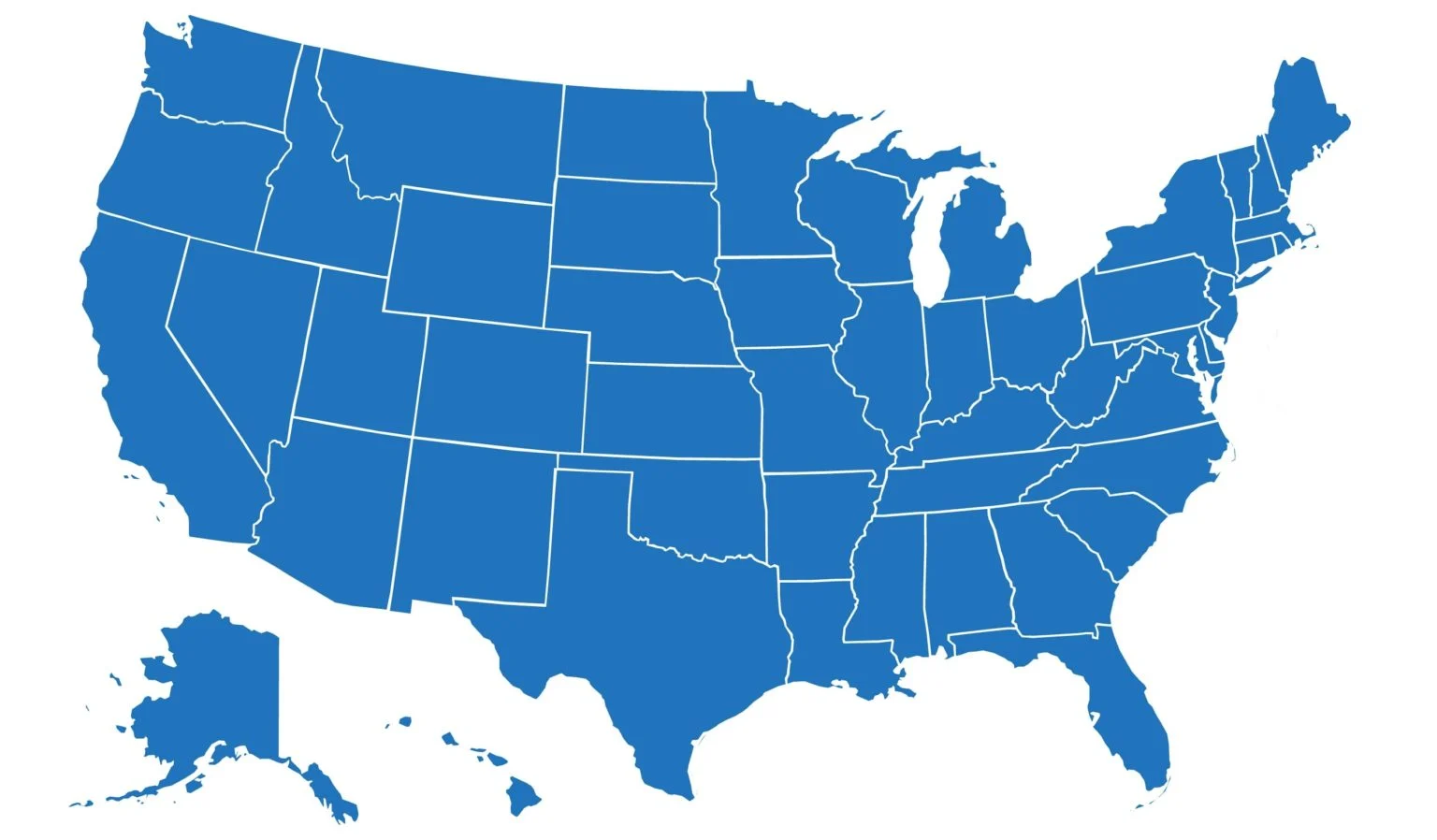Sports Psychology Schools Near Me
Finding the right sports psychology degree program is crucial to your future success in the field. With more schools offering programs in this niche area of psychology, it's important to make sure you are enrolling in a program that fits your specific needs and aligns with your future career goals. Finding a traditional or online sports psychology degree program near you is easy with our state-by-state listings and enrollment information. Read on to learn more about finding the ideal sports psychology program near you.

Each state may have different requirements. To find out specific requirements, click on your state.

- AL Alabama
- AK Alaska
- AZ Arizona
- AR Arkansas
- CA California
- CO Colorado
- CT Connecticut
- DE Delaware
- FL Florida
- GA Georgia
- HI Hawaii
- ID Idaho
- IL Illinois
- IN Indiana
- IA Iowa
- KS Kansas
- KY Kentucky
- LA Louisiana
- ME Maine
- MD Maryland
- MA Massachusetts
- MI Michigan
- MN Minnesota
- MS Mississippi
- MO Missouri
- MT Montana
- NE Nebraska
- NV Nevada
- NH New Hampshire
- NJ New Jersey
- NM New Mexico
- NY New York
- NC North Carolina
- ND North Dakota
- OH Ohio
- OK Oklahoma
- OR Oregon
- PA Pennsylvania
- RI Rhode Island
- SC South Carolina
- SD South Dakota
- TN Tennessee
- TX Texas
- UT Utah
- VT Vermont
- VA Virginia
- WA Washington
- WV West Virginia
- WI Wisconsin
- WY Wyoming
How Do I Choose a Sports Psychology Degree Program?
Choosing the proper sports psychology degree program is an essential step toward pursuing a successful career. With the growing demand for qualified sports psychologists, it’s critical to consider various factors carefully when making a decision. Here are some key aspects to keep in mind.
Degree Level Options
Sports psychology degree programs are available at different academic levels, including:
- Bachelor’s in sports psychology
- Master’s in sports psychology
- Graduate Certificate in sports psychology
- Ph.D. in sports psychology
Consider your current educational background and career goals to determine the appropriate level for you. A bachelor’s degree provides a solid foundation in the field, while a master’s degree offers more specialized knowledge and practical experience. A graduate certificate can help students break into the niche of other areas of psychology, and a doctoral degree, such as a Ph.D., is typically required for advanced positions and research opportunities.
Online vs. Traditional Programs
Another important factor to consider is the format of the program. Traditional, campus-based programs offer face-to-face interactions with faculty and peers, providing a more immersive learning experience. On the other hand, online sports psychology programs offer flexibility and convenience, allowing you to study at your own pace from anywhere in the world. Consider your preferences, learning style, and availability when deciding between online and traditional sports psychology degree programs.
Accreditation
When evaluating sports psychology degree programs, it’s crucial to ensure reputable accrediting bodies accredit them. Accreditation ensures that the program meets high educational standards and that the curriculum is relevant and current. Look for programs accredited by recognized organizations such as the American Psychological Association (APA), the Association for Applied Sport Psychology (AASP), and regional accrediting agencies. Accredited programs also enhance your credibility and increase your chances of securing internships, licensure, and employment opportunities in sports psychology.
Curriculum and Specializations
Review the curriculum and course offerings of prospective traditional and online sports psychology programs to ensure they align with your interests and career goals. Look for programs that provide a well-rounded education in psychology and sports-related topics, including performance enhancement, mental health, athlete counseling, and sport-specific interventions. Additionally, consider whether the program offers opportunities for specialization or concentrations in areas such as coaching psychology, exercise psychology, or sports counseling.
Faculty Expertise and Research Opportunities
A strong sports psychology program will have experienced and knowledgeable faculty members specializing in the field. Research their expertise, publications, and industry involvement to ensure you will receive quality instruction and mentorship. Additionally, explore the research opportunities available within the program. Engaging in research projects and collaborations can expand your knowledge, build your resume, and open doors to future career prospects.
Internship and Practical Experience
Practical experience is crucial in sports psychology, so inquire about the internship or practicum opportunities offered by the program. Look for programs that provide hands-on training in real-world settings, such as sports teams, athletic departments, or rehabilitation centers. Even online sports psychology programs should be able to direct you toward internship opportunities in your area. Practical experience allows you to apply classroom knowledge, develop essential skills, and build professional networks within the sports industry.
Financial Considerations
Lastly, consider the financial aspects of the program, including tuition costs, scholarships, and financial aid options. Determine your budget and explore potential funding opportunities to make an informed decision. Remember to factor in additional expenses such as textbooks, materials, and possible travel costs for internships or conferences.
RELATED: Learn more about Sports Psychologist Salaries.
Sports Psychology Degree Comparison
Are you interested in learning more about the different sports psychology degree levels? Check out our table below to compare and contrast educational options.
| Degree Type | Description | Duration | Career Opportunities | Yearly Tuition |
|---|---|---|---|---|
| Bachelor’s | Provides foundational knowledge in sports psychology and related fields. | 4 years | Assistant roles in sports psychology, entry-level positions in sports coaching or athletic departments. | $10,000 – $30,000 |
| Master’s | Builds upon bachelor’s education with specialized coursework and practical experience. | 1-2 years | Sports psychology practitioner, consultant, performance coach, research assistant. | $15,000 – $40,000 |
| Graduate Certificate | Offers focused training in specific areas of sports psychology for those with a prior psychology degree | Varies (typically 6 months to 1 year) | Specialized roles or skill enhancement in sports psychology alongside other degrees or career paths. | $5,000 – $20,000 |
| Ph.D. | Highest level of education in the field, emphasizing research, advanced practice, and leadership. | 4-6 years | University professor, research scientist, clinical sports psychologist, sports psychology consultant. | $20,000 – $60,000 |
The table above compares different degree types in sports psychology, including bachelor’s, master’s, graduate certificates, and doctorates. Each degree offers unique educational experiences and career opportunities. It’s essential to consider your career goals, time commitment, level of specialization, and financial factors when choosing the right degree program. The average tuition costs listed are approximate ranges and may vary based on location, institution, and program format (e.g., online or on-campus). It’s essential to research and consider various universities or colleges to find the most suitable and affordable option for your sports psychology education.
